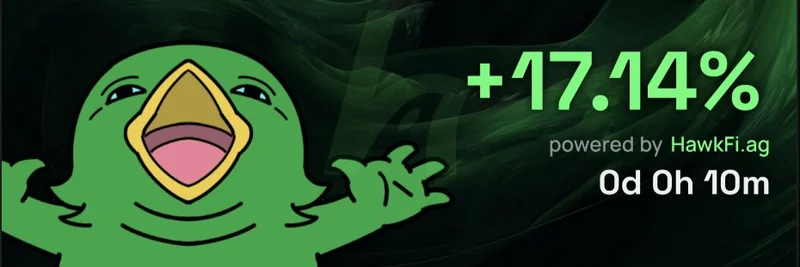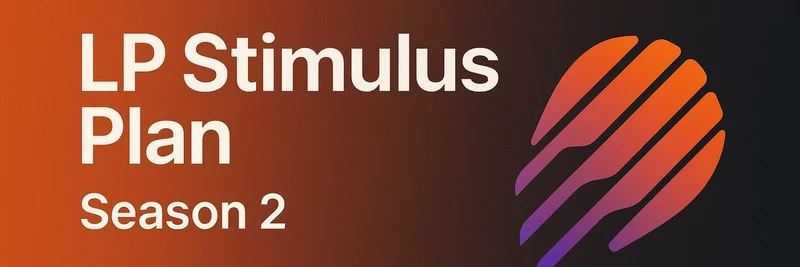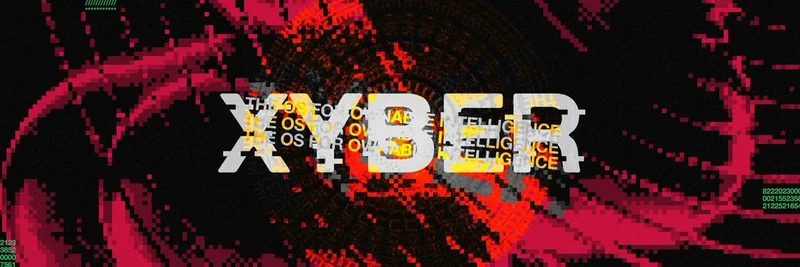If you've been in the crypto space for a while, you've probably heard the ongoing chatter about Uniswap, the decentralized exchange that's become a cornerstone for trading everything from blue-chip tokens to the wildest meme coins. Recently, a tweet from Mike Dudas, a prominent crypto investor and co-founder of The Block, sparked a fresh debate on why the UNI token—Uniswap's governance token—hasn't seen much value accrual even five years after its token generation event (TGE). Let's break this down in simple terms and see what it means for the broader ecosystem, especially for meme token enthusiasts who rely on Uniswap for quick swaps.
The Spark: Hayden Adams' Optimistic Take
It all started with a post from Hayden Adams, the founder and CEO of Uniswap Labs. He pointed out how funny it is when people "bear post" about Uniswap—basically, when critics talk down the project despite its massive success. And he's got a point: Uniswap's trading volumes have hit all-time highs, surpassing $1 trillion annually for the first time. That's a huge milestone, showing just how integral Uniswap is to DeFi (decentralized finance), where users trade assets without middlemen like banks.
Adams also mentioned that the regulatory environment has "massively improved," which is crypto speak for fewer headaches from government oversight. Plus, he teased "many exciting things on the horizon," hinting at upcoming features or upgrades that could keep Uniswap ahead of competitors like SushiSwap or PancakeSwap. For meme token traders, this means smoother, faster trades on hot new coins without the fear of rugs or liquidity issues.
Mike Dudas' Counter: Where's the UNI Value?
Dudas quote-tweeted Adams, raising a fair question: Why hasn't the UNI token captured any of this value five years post-TGE? TGE is just the fancy term for when a token is first created and distributed, often via airdrops or sales. He noted that almost every other major DeFi protocol has figured out ways to make their tokens valuable—think staking rewards, fee sharing, or buybacks. Meanwhile, Uniswap's equity holders (the people behind Uniswap Labs) are "eating," implying they're reaping the benefits while token holders get crumbs.
This isn't a new gripe. UNI was airdropped to early users back in 2020, creating instant millionaires and boosting community engagement. But since then, the token's main role has been governance—voting on proposals like protocol upgrades. There's no direct fee capture; trading fees go to liquidity providers (LPs), who supply the assets for swaps. Dudas' point? It might be time to rethink that model.
Community Reactions: From Skepticism to Calls for Change
The thread lit up with replies echoing Dudas' sentiment. Crypto personality Cobie jumped in, arguing that turning on fee sharing could "break the product" by discouraging LPs if they don't get paid enough. Dudas fired back, suggesting that if fees hurt liquidity, it just proves the token isn't truly integrated into the protocol.
Others piled on. One user quipped about the "mental gymnastics" UNI holders have endured, waiting for the infamous "fee switch"—a long-discussed feature to route some fees to token holders. Another highlighted regulatory hurdles, noting Uniswap was under SEC investigation until recently, which might explain the caution. And DK, a veteran investor, called out Adams directly, urging him to make UNI a "valuable participation" rather than just "airmiles" (useless perks).
Even positive takes, like from EricF, appreciated the volumes while optimistically discussing value capture. It's a mix of frustration and hope, showing the community's passion for Uniswap's potential.
Why This Matters for Meme Tokens
At Meme Insider, we're all about meme tokens—the fun, viral side of crypto where a dog pic or frog meme can moon overnight. Uniswap is ground zero for launching and trading these. High volumes mean more liquidity for your favorite memes, reducing slippage (when prices move against you during a trade). But if UNI doesn't accrue value, it could signal broader issues in DeFi tokenomics.
Imagine if Uniswap flipped the fee switch: A portion of those $1T in trades could buy back UNI or reward stakers, potentially stabilizing the token and attracting more serious investors. For meme traders, this might mean lower fees overall or new tools to spot trending tokens early. On the flip side, if LPs bail due to reduced earnings, meme launches could get riskier with thinner liquidity pools.
Looking Ahead: Exciting Horizons or More Waiting?
Adams' tease of "exciting things" could include Uniswap V4, which promises custom liquidity pools and better efficiency—perfect for meme token volatility. But until value flows to UNI, debates like this will continue. As blockchain practitioners, it's a reminder to dig into token economics before aping in. Check out resources like CoinMarketCap for UNI's latest stats or Dune Analytics for volume dashboards.
In the end, Uniswap's success is undeniable, but aligning protocol growth with token value could make it unstoppable. What do you think—time to flip the switch? Drop your thoughts in the comments, and stay tuned to Meme Insider for more on how DeFi shifts impact the meme world.



